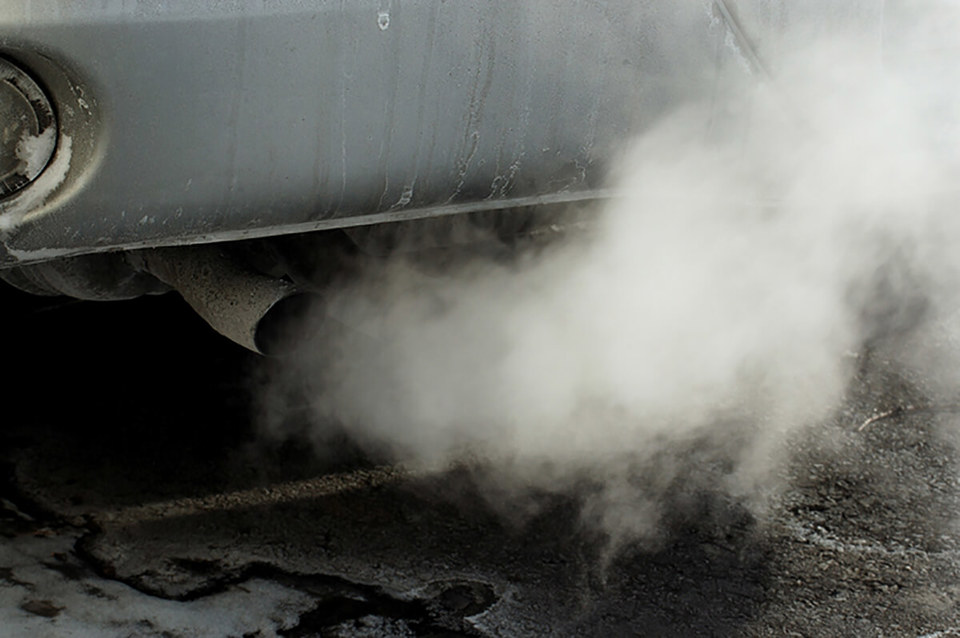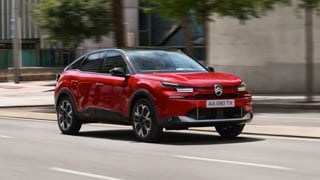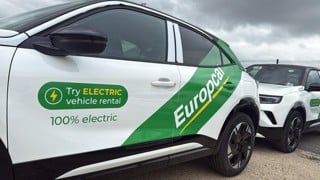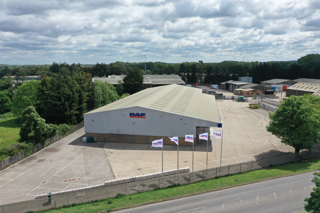Vehicles entering towns and cities plagued by air pollution problems should be charged according to real-time emissions, not their environmental standard.
That’s the view of Matthew Pencharz, who was deputy mayor for environment under the former Mayor of London, Boris Johnson.
He told Fleet News that plans to use Euro 6 compliance for London’s ultra-low emission zone (ULEZ) and its toxicity charge, as well as potential clean air zones (CAZs) across the rest of the country, were flawed.
“It’s a blunt instrument,” he said. “Once you’ve paid you’re not incentivised to drive better; you’re not incentivised to minimise the amount of driving you do in the zone. If you can incentivise people to drive better you are going to see large emission savings in a fairer and smarter way.”
Instead, Pencharz believes people should be charged according to the real-time, real-world environmental performance of the vehicle. “Pay as you pollute,” he said.
He joined Tantalum, a fast-growing technology innovator in the connected vehicle market, in January to look at emissions-based monitoring and charging, using methods being developed by the company.
The company was recently awarded £1 million of Government cash by Innovate UK and the Centre for Connected and Autonomous Vehicles to develop Air Car, a product which aims to accurately estimate NOx emissions in real time, allowing vehicles to ‘pay as they pollute’.
Pencharz highlighted how the Government, in its draft air quality plan, has urged local authorities to consider new technologies to curb emissions. “I am sure that in the not too distant future, they’re going to be looking at this kind of solution,” he said.
Tantalum’s academic partner in the project, Imperial College London, believes NOx emissions can be halved through better driving.
The plug-and-play telematics device interrogates information via the on-board diagnostics (OBD) and, through a series of algorithms, shows dynamic fuel usage and carbon emissions.
Pencharz said: “In terms of NOx, the way we’re going to develop the technology is by testing a lot of vehicles and then building the algorithms and machine learning to do the same as we do for fuel and carbon.”
It wants to launch a 1,000-vehicle trial in December that will last six months and is appealing for fleets operating cars, vans and trucks to get involved.
In return, fleet managers will receive free access to cloud-based fleet management software, which will present them with vehicle location and historic trip data, including idling time and utilisation rates.
They will also receive accurate fuel usage by vehicle and by individual trip, including wasted fuel, and notification of fault codes and driver behaviour analytics.
Pencharz said that a university support fleet has already shown interest in taking part in the trial, along with a local authority and a leasing company. He hoped to be able to confirm their participation in the coming weeks.
“ is a very important part of making the system work; refining the models and really proving the concept,” he said. “At the same time, we’re showing fleet operators what quantitative outcomes there are for them as well.”
Tantalum’s real-time CO2 emissions product has, it says, already helped customers save an average of 15% in fuel costs through better driving.
The Air Car device could also benefit fleets that may have to adhere to emissions-based procurement standards in the future, when dealing with the public sector supply chain.
Pencharz said: “There is real interest in the market and you can see why with all the noise about clean air zones and air pollution, and different ways to reduce the problem.”
He concluded: “It seems quite clear to us that some sort of banded road-user charging scheme, with an emissions component, is what is desperately needed in London. Air Car could potentially deliver that within a year.”
■ Businesses interested in taking part can register online at www.fleetnews.co.uk/air-car.






















Login to comment
Comments
No comments have been made yet.